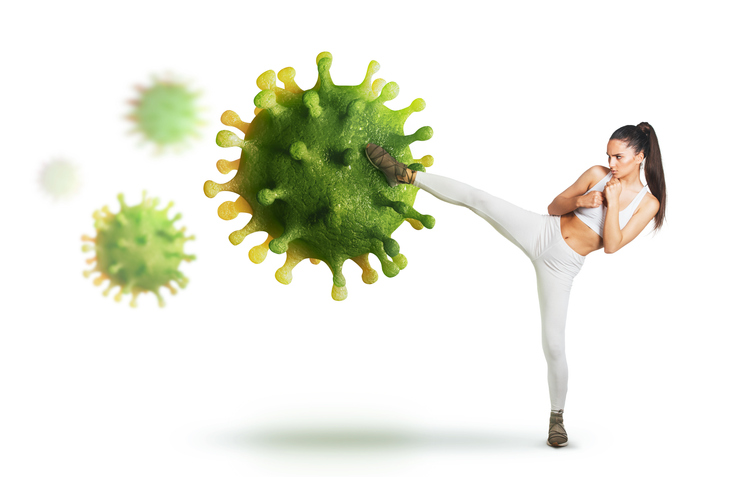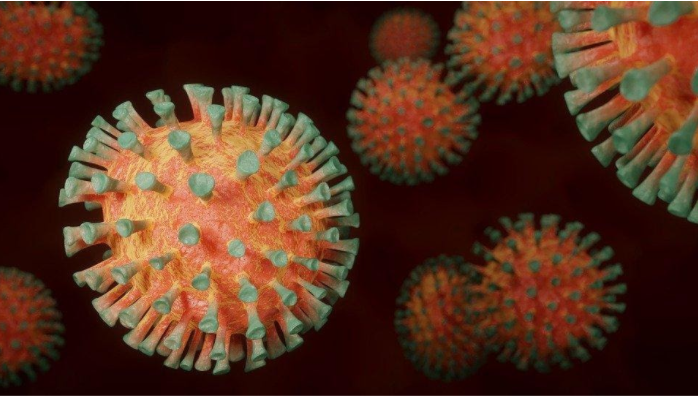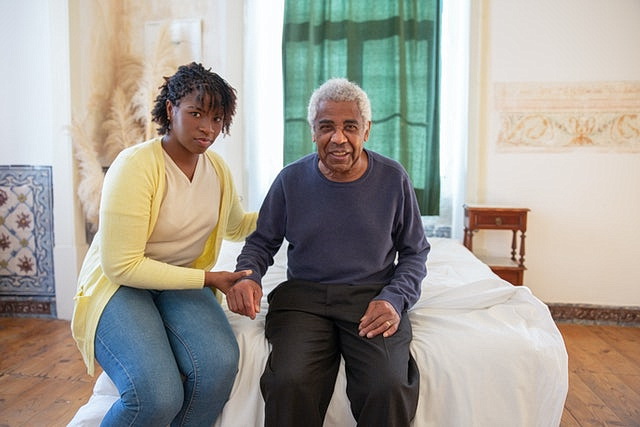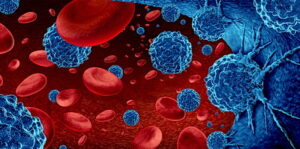 What Human Factors are Fighting the Coronavirus?
What Human Factors are Fighting the Coronavirus?
Lisa has never gotten Covid, yet everyone else in her household has been infected, except her husband who seems to be in the same questionable situation as Lisa. We are saying ‘questionable’ because researchers have yet to determine the reasons why people such as Lisa and her husband appear to be immune to the Covid disease.
The Preliminaries

Before we continue, as a reference point, let’s go over what the CDC has recommended that we all do to minimize Covid infection.
-
-
-
-
- Get vaccinated
- Wear a mask
- Wash hands frequently
- Stay six feet from others
- Avoid crowded places
- Eat lots of fruits and vegetables
- Take immune booster vitamins
- Get vaccinated
-
-
-
Do we follow all these guidelines? Some do, but many of us don’t adhere to all these rules and some items in this list are just not followed as diligently as they should be, and Lisa and Steve are no exception.
They both have been vaccinated and triple-boosted with the Pfizer vaccine and they take immune booster vitamins. Namely, vitamin D, C, and zink tablets daily, as well as making it a point to eat as healthy as they can. They do not wear masks religiously and have gone to social gatherings where no one else was wearing a mask.
The Covid Quandry of Infections and Non-Infections in the Household. But How Common is It?

It is not that hard to imagine that some folks are not getting infected as routinely as others, but here is the real dilemma. Lisa and Steve’s children, now adults, have both gotten the disease, and they all were living in the same house when the children got it. Yes, extra precautions were taken. The kids did wear masks and avoid close contact with their parents.
Even more troublesome for the researchers if they were studying this event is that their daughter’s boyfriend was living in the house as well and was PCR-diagnosed positive as well.
But the quandary doesn’t end there. The boyfriend didn’t even know he had covid until after their daughter started showing systems. That’s right. He was asymptomatic and never felt a thing.
Covid Immunity – Here’s What They are Saying
T-Cell Immunity
A study on 54 people released in January showed that a high amount of T-cells that were produced when people got colds helped support immunity from the SARS-CoV-2 (Covid) infection.
Dr. Rhia Kund, from the Imperial National Heart & Lung Institute, in London said “We found that high levels of pre-existing T cells, created by the body when infected with other human coronaviruses like the common cold, can protect against COVID-19 infection.”
A Genetic Immunity?

A study is currently being conducted to determine how much genetic inheritance a person might have that can be an obstacle to being infected with the coronavirus.
There are specific criteria for those in the study, including confirmation via lab testing that the subject has never had COVID-19, that these individuals have had substantial exposure to the disease, and that they did not use any protection such as masks. Additionally, they were never vaccinated.
Members of the COVID Human Genetic Effort at Rockefeller University, part of an international conglomerate of researchers are working to discover the genetic influences that individuals may have that fight against the SARS-CoV-2 infection.
It is worth noting that this is not the first time a pandemic of this magnitude has infiltrated human society, and yet, the whole human population did not cease to exist.
Such is the case with the Spanish Flu in 1919. Many died, but many more survived. Maybe this study will unveil some new data that scientists will show that genetics does play an important role in Covid (and other viruses) infections, as well as possibly additional knowledge on longevity. Indeed, Steve’s father, who was born in 1901 lived to the lively age of 100.
The ‘O’ Factor

According to a study in the Annals of Internal Medicine, individuals who have type ‘O’ blood may have more of an immune deterrence from the coronavirus infection. Other studies have concluded similar results.
The study covered over 225,000 patients and those in the O-blood category had a 2.1% chance of getting a covid infection, which was found to be the lowest probability of all the blood groups.
So What’s the Conclusion?
There isn’t any. At least not yet. These studies will probably go on for decades, but with said, one thing is a fact. That the worst of Covid is over and now, those that get it, provided there are no external factors that might compromise their health, such as an immune deficiency, will most likely just get a cold. And now, we can only hope for the best going forward.
